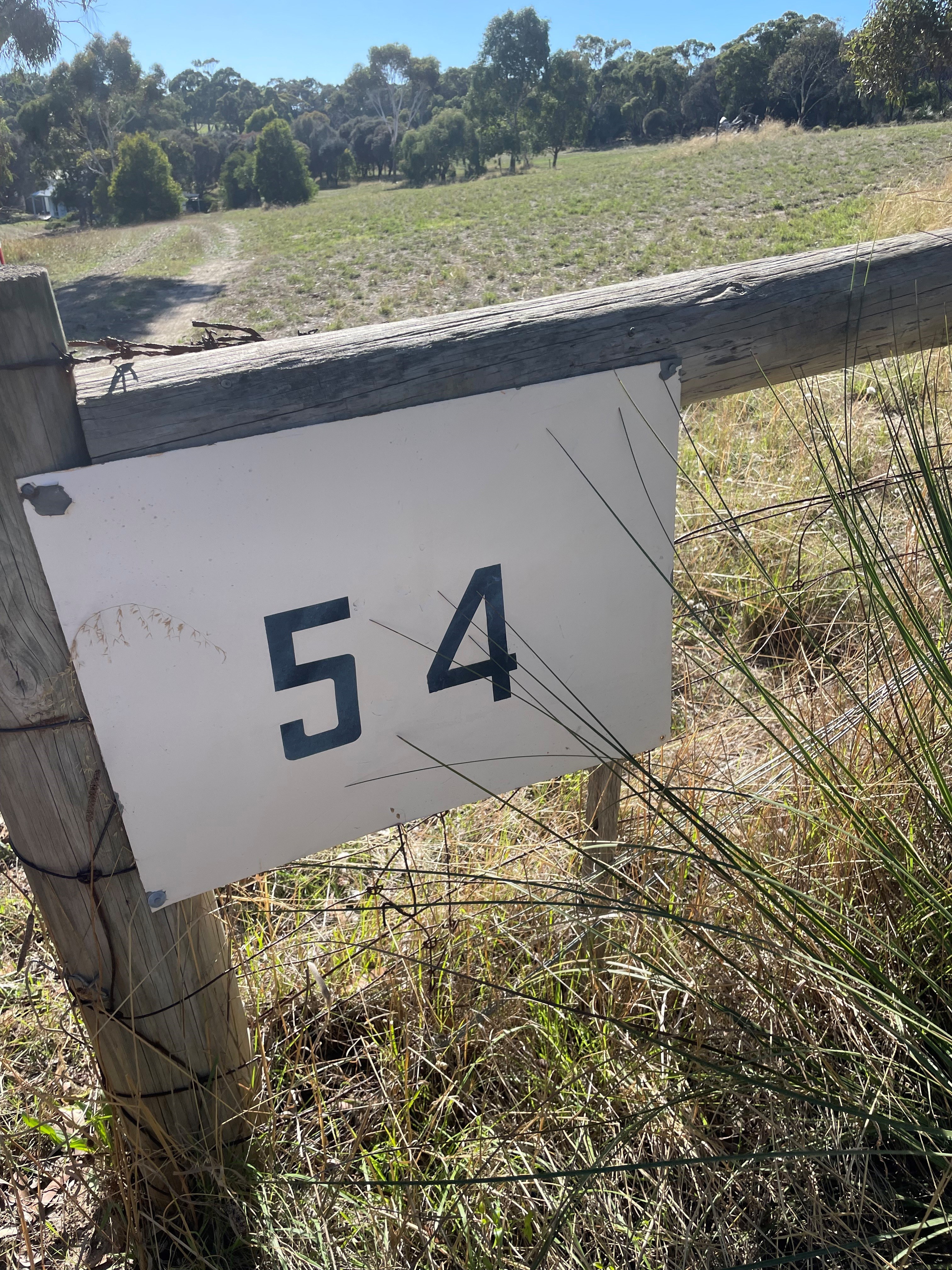
If you are appointed as an executor, you may need to learn how to administer a deceased's estate.
What is an executor?
An executor is the legal representative named in a Will who is responsible for administering a deceased estate. This is the legal process that takes place when someone dies.
A deceased person’s estate can include:
- real estate
- house contents
- money in bank accounts
- investments
- shares
- motor vehicles
- and jewellery.
What Do I Have to Do?
As an executor, you are responsible for making sure all of the deceased's assets are accounted for, all debts are paid and all beneficiaries receive their inheritance as outlined in the Will.
The duties of an executor include:
Locating the original current and signed Will.
- It is important to review at least a copy of the Will as soon as possible as it may include funeral instructions or other urgent estate matters.
- Warning! Be careful not to staple, clip, attach or in any way mark the original will. This can lead to complications when applying for probate.
Confirming all assets and liabilities of the estate.
- This may involve writing to the deceased’s financial institutions, insurance companies, utility companies and other government agencies. The executor should check the titles of all real estate owned by the deceased to confirm the nature of the deceased’s ownership.
Ensuring the deceased’s assets are protected and secure.
- This might involve insuring property or putting property into a safety deposit box.
Lodging outstanding and final tax returns for the deceased and any returns required for the estate.
- The deceased estate is a separate tax entity and will require its own tax file number. Trust tax returns will need to be prepared and lodged, if relevant.
- Before distribution can be made to the beneficiaries, any tax bills must be paid.
- You must make sure beneficiaries are provided with any relevant capital gains tax information relating to assets that have been transferred or sold.
Applying to the Supreme Court for a grant of probate if required.
- A grant of probate is a formal document issued by the Supreme Court. It grants the executor the right to administer the estate as the executor. The application for probate is done online through the Courts SA portal. Until probate is granted, the executor does not have the legal authority to take any further action in terms of administering the estate.
Distributing the Estate
- The executor must make sure all of the deceased person's debts, liabilities and outstanding taxes are paid before any assets can be distributed to beneficiaries of the Will.
- Where specific sums of money are left to certain beneficiaries, these must be paid first.
Keeping records
- The executor must keep full and accurate records of all transactions from the date of the death to the conclusion of the administration.
- If the executor becomes aware of additional assets or liabilities after they have completed the administration, it is their responsibility to administer them in accordance with the instructions contained in the Will.
